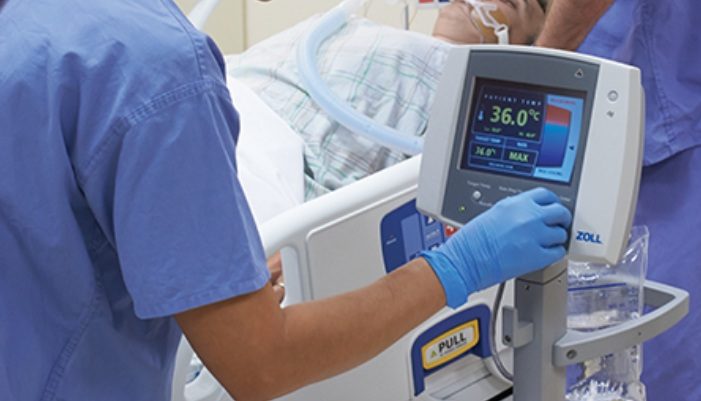A collaboration between the Institute for Drive Technology- IAA at the University of Aalen and Lauda Dr. R. Wobser GmbH & Co. KG is making the digitalization of temperature control technology move forward. This partnership looks to build a Prognostic and Health Management- PHM system for AI-driven status monitoring of consistent temperature equipment across the automotive test stations.
The project has gone on to receive a financial grant of €424,000 from the Baden-Württemberg Ministry of Economic Affairs and also the Ministry of Labour and Tourism by way of the InvestBW funding programme.
The PHM system will go on to make use of machine learning so as to predict and track the status of temperature control equipment. By embracing this approach, which in every way is predictive, the project is looking forward to lessening or completely safeguarding failures in production and also delays that are primarily caused by equipment standstills. Moreover, machine learning algorithms are going to be used to create efficient functioning strategies for varied applications, like optimising the volume of delivery.
Lauda’s managing director, Dr. Marc Stricker, puts stress on the fact that the unparalleled growth of Artificial Intelligence as well as the potential that it has to offer when it comes to optimisation are the key drivers. He emphasises the significance of integrating artificial intelligence into certain solutions so as to unlock its advantages.
This project, which happens to be a part of the DigiServ network, will in all probability be finished by March 2025. It is well to be noted that the DigiServ network happens to be an innovative alliance that takes into account structuring as well as automating processes within the service segment.



















